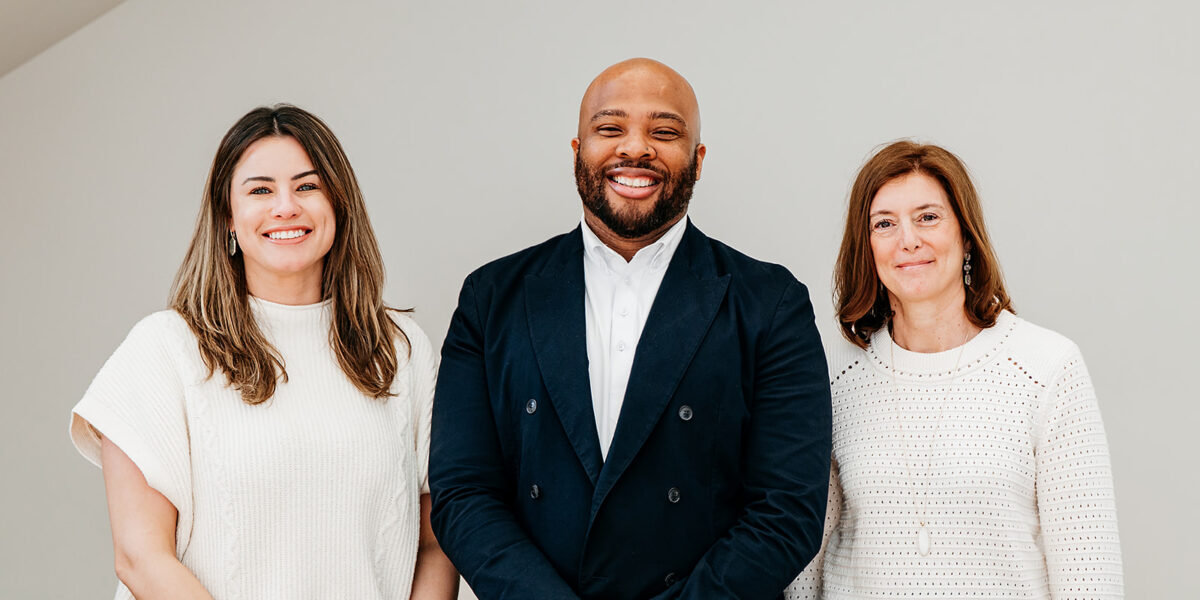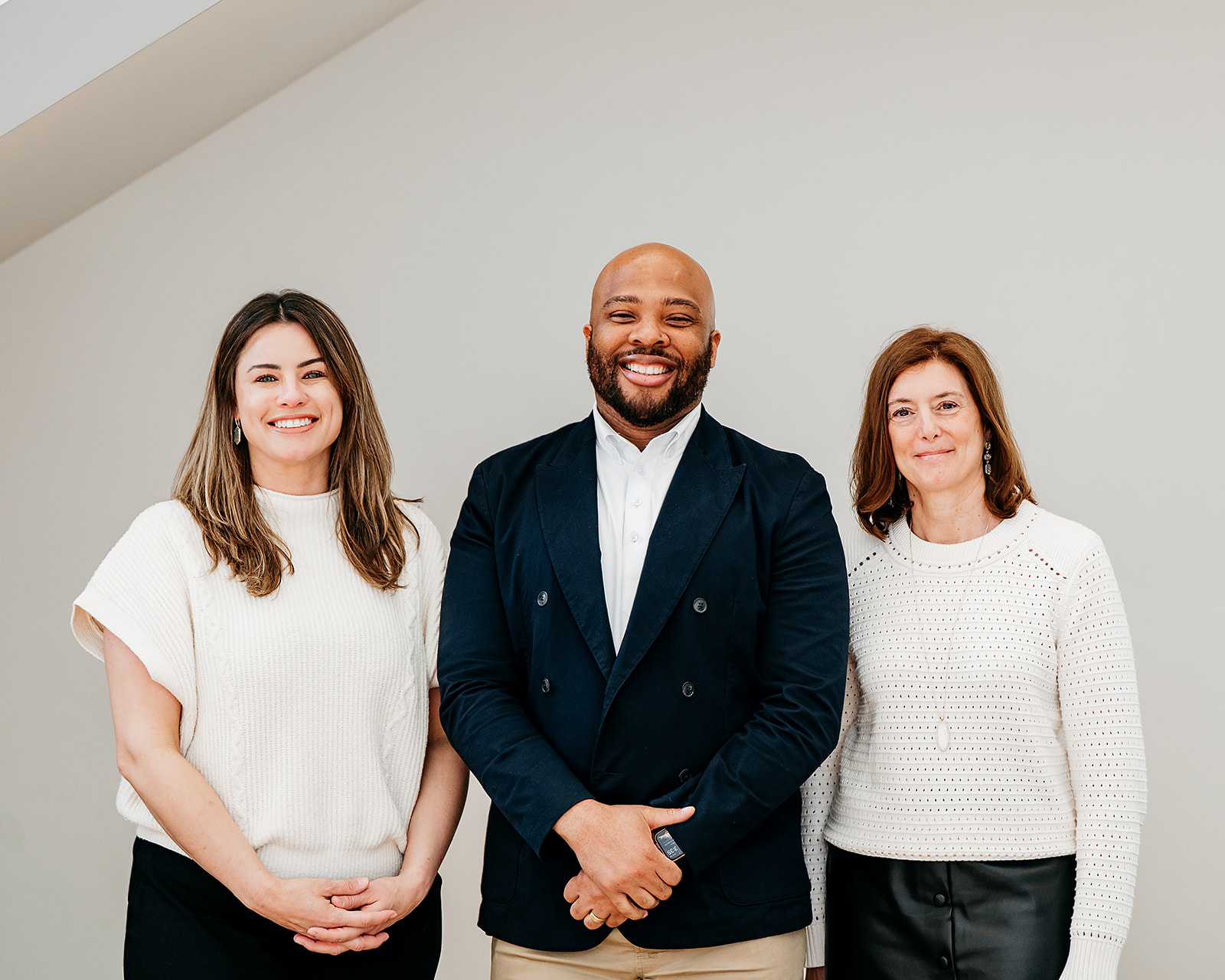
Summer Jobs for Teens: How Does ADHD Factor In?
April 14, 2025
Psychologist Bradley Paramore Ed.S., NCSP, explains, “Having a clear understanding of a diagnosis can validate a child and family by putting a name to their experience and unlock a scientifically validated path for treatment.” Simply put, understanding a diagnosis well helps put children on the path to success.
If you or your child have received an ADHD diagnosis in the past, you may not have received much explanation. Often, people hear Attention Deficit Hyperactivity Disorder and assume the name says it all. (Actually, the name can be misleading!) Other times, stereotypes about disorders can prevent folks from developing a true understanding. If this is you, or if you just want to learn more, helpful resources are available.
A great place to get started after an ADHD diagnosis is, of course, asking any questions you may have of your physician or psychologist. There are also helpful resources online and at the library. Let's talk about a few easy-to-access sites for information.
For ADHD, check out this video by Jessica McCabe. McCabe presents science-backed information and shares her own, and others', lived experiences. Her short, impactful videos break down a lot of info to make it digestible and memorable.
Whether you’re a parent, a teacher, practitioner, or even a person with ADHD, you’ll find a treasure trove of materials at ExplainingBrains.com, recommended by Lead Psychologist Molly Bernosky. The site addresses several other diagnoses too, including anxiety, dyslexia and more.
One important part of learning about and discussing a diagnosis is recognizing strengths. This includes strengths of the individual and those that may be more generally associated with a particular diagnosis.
Bradley Paramore and his colleagues at Springer Diagnostic Center are always certain to include a person’s strengths in formulating an effective treatment plan. Paramore says, “Our strengths-based approach highlights how a student’s strengths can be leveraged in helping them thrive educationally."
Finally, as you expand your own knowledge, make sure that your child is receiving information, too. Dr. Deborah Gilbert says, "When I give feedback to families, it’s beneficial to include the child in part of the conversation, to shape a shared vision and partnership with them. That way they can take part in the actionable recommendations that come from the diagnosis and evaluation recommendations."
Your diagnosing professional should be able to provide guidance, and even include your child in discussions, like Dr. Gilbert does. She shares, "I find that children genuinely want to be a part of the process when I present the evaluation as a way for them to learn how to be their best self academically and emotionally, to build on their strengths, and create solutions and actionable steps to address their needs."
The Springer Diagnostic Center Team loves their work and finds fulfillment when families are equipped with the best tools for their educational journey.
Bradley Paramore says, “One of the most rewarding aspects of our work is equipping families with tools to support their child by using a comprehensive evaluation process to uncover how a student learns best.”
Traveling the learning differences journey with confidence is what Springer is all about! If you have questions about resources or services available, let us know.




